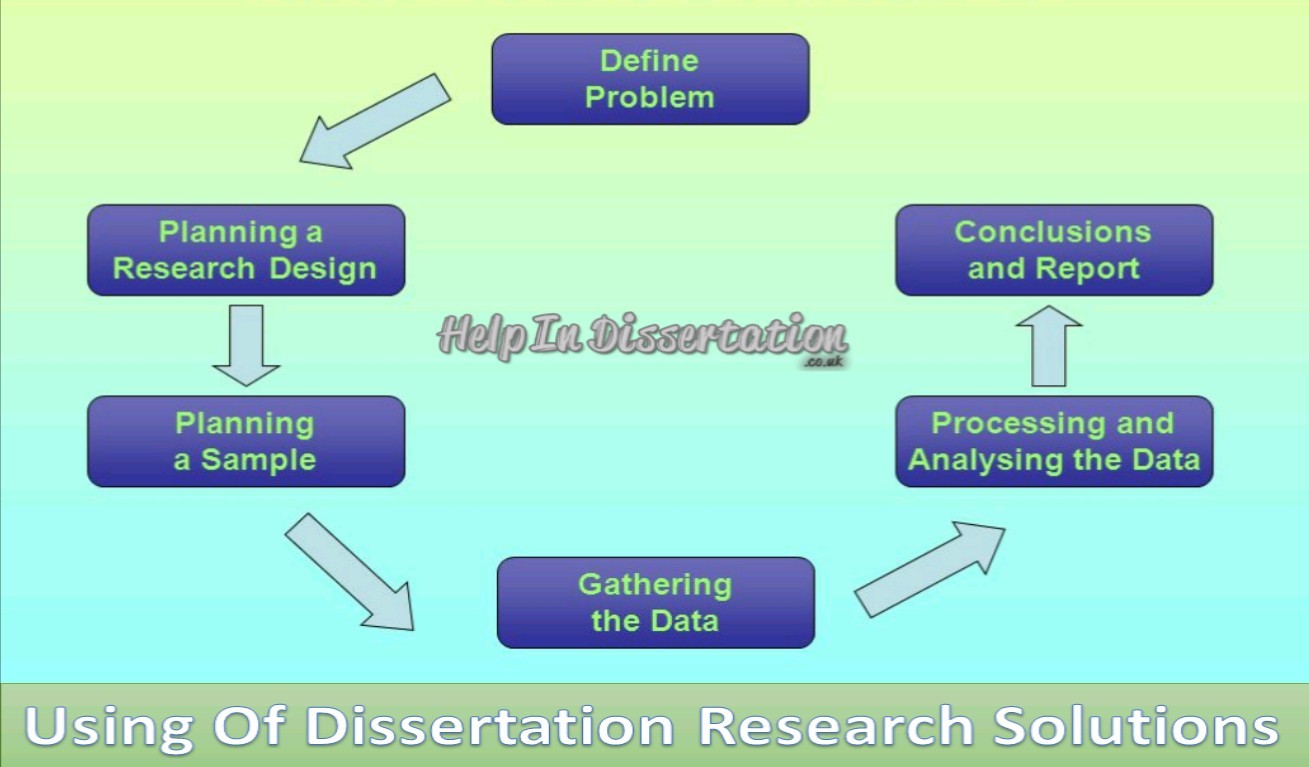How to Choose a Dissertation Topic That Will Make Your Advisor Say "Wow"
Choosing a dissertation topic is a crucial step in the academic journey and can often feel overwhelming. However, with the proper guidance and expert tips, you can impress your advisor and create a remarkable research project. In this article, we will explore strategies to help you choose a dissertation topic that aligns with your interests and goals while contributing to your field of study.

Start with your interests and passions
When choosing a dissertation topic, starting with what truly interests and excites you is essential. Think about the subjects or areas of study you are passionate about and would love to explore further. This will not only make the research process more enjoyable for you, but it will also ensure that you stay motivated and engaged throughout the entire dissertation journey. Consider your past coursework, internships, or any previous research projects that sparked your interest, as these can serve as a starting point for finding a topic that aligns with your passions. Remember, the more invested you are in your subject, the more likely it is to impress your advisor and significantly impact your field.
Conduct thorough research on potential topics
Once you have identified a few potential dissertation topics that align with your interests, conducting thorough research on each case is essential. This will help you determine if there is enough existing literature and analysis to support a comprehensive dissertation. Search academic databases, scholarly journals, and reputable websites to gather information and insights on each topic. Look for gaps in the existing research that you could fill with your study. Additionally, consider the feasibility of researching each case, considering factors such as access to data, resources, and potential ethical considerations. By conducting thorough research, you can make an informed decision and choose a dissertation topic that can significantly contribute to your field of study.
Consider the feasibility and scope of your chosen topic
When choosing a dissertation topic, it's essential to consider the feasibility and scope of your chosen subject. This means assessing whether you have access to the necessary data and resources to research the topic. Consider the practicality of collecting data, whether it be through surveys, interviews, experiments, or other methods. Additionally, consider any potential ethical considerations arising from your research. It's essential to ensure that your chosen topic is manageable within your time, resources, and expertise constraints. By carefully considering the feasibility and scope of your chosen topic, you can ensure that you are setting yourself up for success in your dissertation journey.
Seek advice from your advisor and other experts in the field
One of the best ways to choose a dissertation topic that will impress your advisor is to seek advice from them and other experts in the field. Your advisor has a wealth of knowledge and experience and can provide valuable insights and guidance on potential topics. They can help you narrow down your ideas, suggest relevant literature and research gaps, and provide feedback on the feasibility and scope of your chosen topic. Additionally, reaching out to other experts in the field can give you different perspectives and help you refine your research question. Feel free to schedule meetings or send emails to professors, researchers, or professionals who specialize in your area of interest. Their expertise can significantly enhance your understanding of the topic and help you choose a dissertation topic that will make your advisor say, "Wow."
Choose a topic that is unique and contributes to existing knowledge
When choosing a dissertation topic, selecting something unique that adds value to your field's existing body of knowledge is essential. Your advisor and other experts in the area will be impressed if your research addresses a gap in the literature or offers a fresh perspective on a well-studied topic. Conduct a thorough literature review to identify what has already been done and what areas are still unexplored to ensure your topic is unique. Look for research gaps, unanswered questions, or areas that could benefit further investigation. By choosing a topic that contributes to existing knowledge, you'll impress your advisor and make a meaningful contribution to your field of study.



